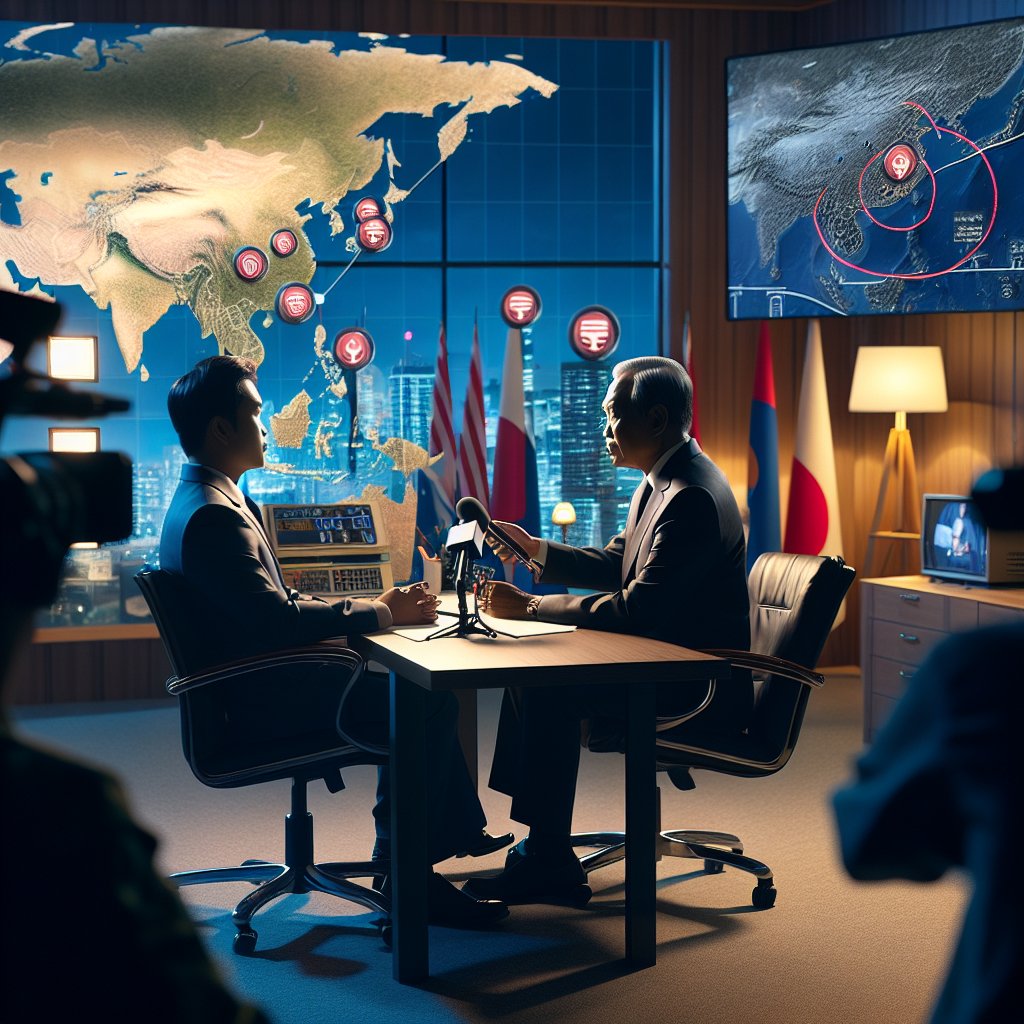Image: AI generated for illustration purposes
Taiwan's President Tsai Ing-wen Dismisses Chances of Chinese Invasion Amid Domestic Struggles
In an interview that reverberated across international boundaries, Taiwan's President Tsai Ing-wen has provided a fresh perspective amidst the escalating tensions with China. Speaking to the New York Times at the DealBook Summit, Tsai relayed her belief that China's current internal turmoil makes a major invasion of Taiwan unlikely, despite Beijing's sustained military posturing.
The President's remarks come against the backdrop of heightened military exercises by China around Taiwan, which Beijing considers an inalienable part of its territory. Such actions have caused global apprehension about a potential conflict that could destabilize the region and disrupt international trade and security. Tsai used the platform to highlight China's domestic economic, financial, and political challenges as factors precluding any immediate hostile action towards Taiwan.
The international community, said Tsai, had unequivocally indicated that warfare serves no constructive purpose and that maintenance of peace and stability benefits all parties involved. Her commentary underscores the island's strategic importance and the global interest in preventing any detrimental change in the cross-strait status quo.
When reached for response, China's defence ministry spokesman Wu Qian remained assertive about China's intentions toward reunification but refrained from specifying any military plans.
Taiwan, a beacon of democracy in the region, is heading into its presidential and parliamentary elections set for January 13. The democratic process in Taiwan stands in stark contrast to the political system on the mainland, which Tsai emphasized by highlighting the robustness of the island's decision-making abilities through democratic means.
Interference in Taiwan's electoral process has been a persistent concern, with Tsai explicitly accusing Beijing of such attempts. However, she expressed confidence in the resilience of Taiwan's democracy and its capability to withstand external pressures. This sentiment aligns with the global rise in awareness and defense against electoral meddling by foreign powers.
The Democratic Progressive Party (DPP), known for its stance on independence, has faced denunciation from Beijing, particularly towards the DPP's candidate Lai Ching-te and his running mate Hsiao Bi-khim. China's Taiwan Affairs Office spares no chance in warning against the implications of seeking formal independence.
Nevertheless, Taiwan's officials like Chiu Tai-san, responsible for the Mainland Affairs Council, brush off Beijing's criticism by challenging their understanding of democratic politics and elections. These exchanges epitomize the island's determination to preserve its sovereignty and democratic values while engaging in a delicate balancing act with its colossal neighbour.
As election day nears, both China and Taiwan remain resolute in their stances, with the Taiwanese upholding their right to self-governance and China continuing to assert its territorial claims. In the shadow of these pronouncements, the rest of the world watches cautiously, hopeful that diplomatic avenues will prevail over the drums of conflict.










